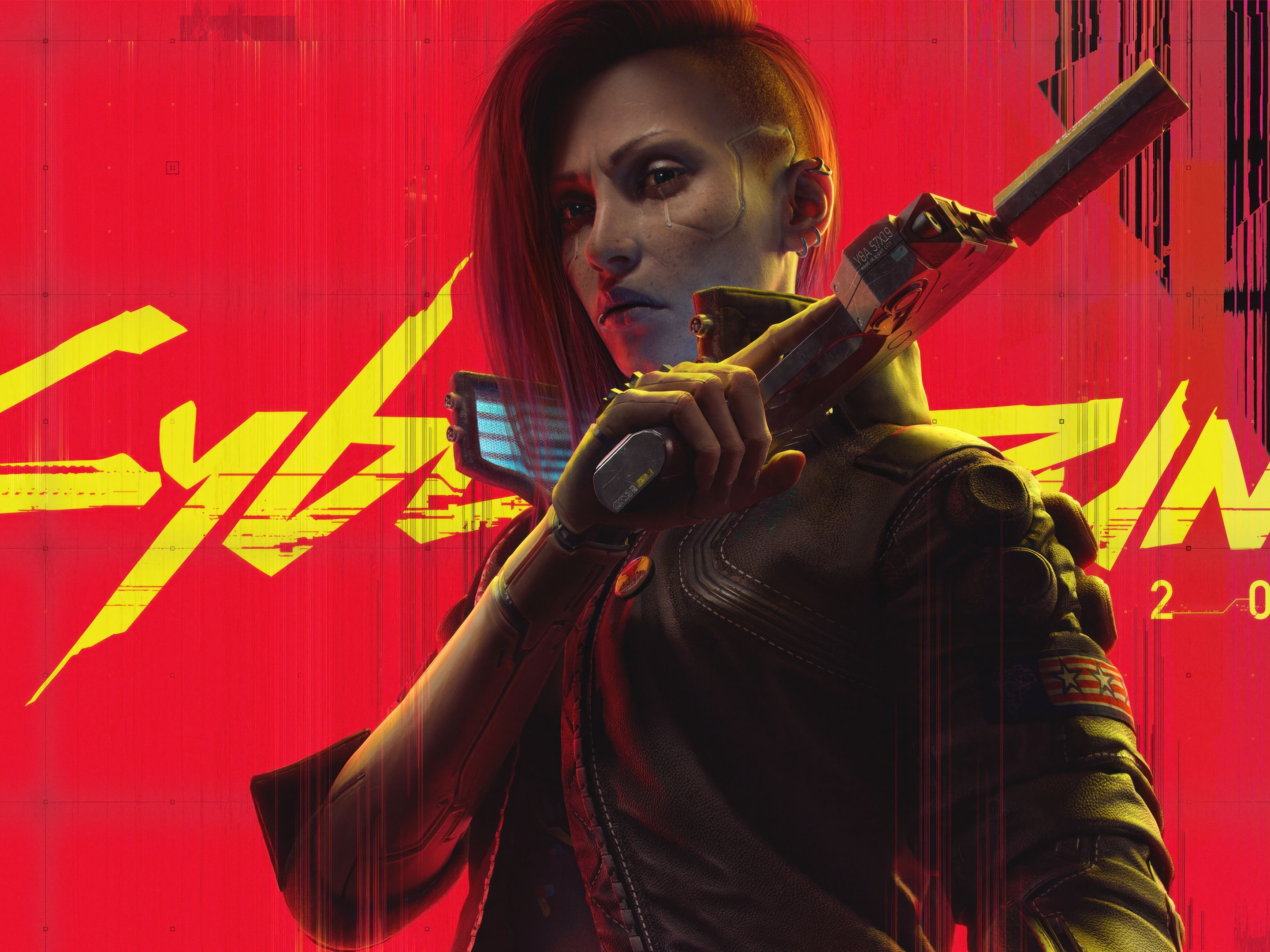Code Vein Score: Anime Soulslike Reception
Introduction
Code Vein, developed by Bandai Namco Studios and released in 2019, is an action RPG that blends the punishing difficulty of the Souls series with a distinctly anime-inspired aesthetic. Dubbed by many as "Anime Souls," the game garnered a mixed but passionate reception from players and critics alike. While some praised its deep combat mechanics, engaging character customization, and emotional storytelling, others criticized its level design, enemy variety, and occasional performance issues.
This article explores Code Vein's critical and player reception, analyzing its strengths, weaknesses, and how it stands as a unique entry in the Soulslike genre.
Gameplay and Mechanics: A Soulslike with a Twist
Combat System
At its core, Code Vein follows the Soulslike formula—methodical combat, stamina management, and punishing enemy encounters. However, it introduces several unique mechanics:
- Blood Codes & Gifts: Instead of traditional classes, players use "Blood Codes," which determine stats and unlock special abilities called "Gifts." These can be swapped mid-game, allowing for dynamic playstyle adjustments.
- Partner System: Unlike most Soulslikes, Code Vein allows (and often encourages) AI companions to assist in battle. This makes the game more accessible but can also trivialize certain encounters.
- Drain Attacks & Focus Mode: A parry-like mechanic where well-timed attacks restore health and activate temporary buffs, adding a risk-reward dynamic.
Character Customization
One of Code Vein's standout features is its extensive character creator, allowing players to design highly detailed anime-style avatars. The depth of customization was widely praised, setting a benchmark for future games in the genre.
Level Design and Exploration
While the combat was generally well-received, the level design proved divisive. Some areas, like the Cathedral of the Sacred Blood, were criticized for being overly convoluted, while others appreciated the interconnected world reminiscent of Dark Souls. The lack of enemy variety also became a common complaint, with many foes feeling repetitive across different zones.
Story and Atmosphere: Anime Melodrama Meets Dark Fantasy
Narrative and Themes
Code Vein presents a post-apocalyptic world where vampiric Revenants struggle for survival. The story leans heavily into anime tropes—tragic backstories, emotional betrayals, and dramatic sacrifices. While some players found the narrative engaging, others felt it was overly melodramatic compared to the subtle environmental storytelling of Dark Souls.
Visual and Audio Design
The anime aesthetic was a double-edged sword. Fans of the style praised the character designs and vibrant cutscenes, while detractors argued that it clashed with the game’s dark themes. The soundtrack, composed by Go Shiina (Tales of series), received universal acclaim for its haunting and orchestral tones.
Critical Reception: A Mixed but Fairly Positive Response
Review Scores
Code Vein holds a Metascore of 70-75 (depending on the platform), indicating "generally favorable" reviews. Critics highlighted:
- Pros: Deep customization, engaging combat, strong soundtrack.
- Cons: Repetitive enemies, uneven difficulty, occasionally frustrating level design.
Player Reception
The game developed a dedicated fanbase, particularly among anime and Soulslike enthusiasts. On Steam, it maintains a "Very Positive" rating, with players praising its co-op mode and replayability. However, some criticized its performance on base consoles (PS4/Xbox One), where framerate drops were noticeable.
How Does It Compare to Other Soulslikes?
Code Vein occupies a unique space in the Soulslike genre. Unlike Nioh or The Surge, which focus on refining Souls mechanics, Code Vein embraces anime storytelling and accessibility. Key comparisons:
- Accessibility: The partner system makes it more forgiving than Dark Souls, appealing to newcomers.
- Aesthetic: Its anime style sets it apart from the grimdark realism of most Soulslikes.
- Depth vs. Simplicity: While the Blood Code system offers flexibility, some builds feel unbalanced, reducing long-term challenge.
Conclusion: A Flawed but Memorable Experience
Code Vein is a fascinating experiment—an anime-infused Soulslike that doesn’t always hit the mark but remains memorable for its ambition. Its strengths (customization, combat, music) outweigh its weaknesses (repetition, level design), making it a worthwhile experience for fans of either anime or challenging RPGs.
While it may not dethrone Dark Souls as the king of the genre, Code Vein proves that Soulslikes can thrive outside traditional medieval fantasy settings. For those willing to embrace its quirks, it offers a rewarding, if imperfect, adventure.
Final Score: 7.5/10
(Good, with room for improvement in a potential sequel.)

Would you like any expansions on specific sections, such as deeper analysis of its combat or comparisons to other games?














